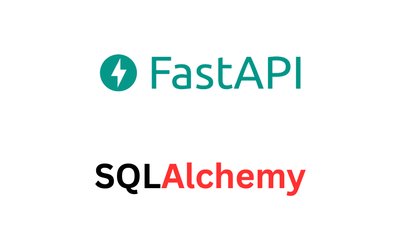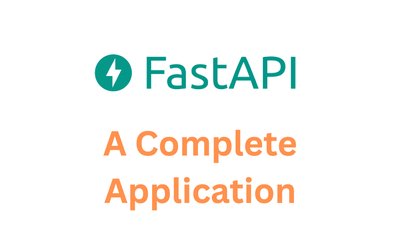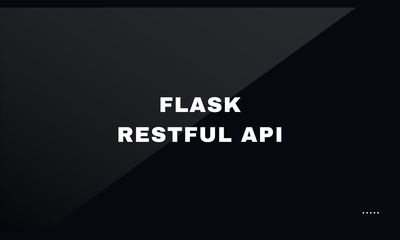Flask、Flask-RESTful、Flask-RESTPlus の比較:包括的なガイド
By hientd, at: 2023年11月12日18:23
予想読書時間: __READING_TIME__ 分
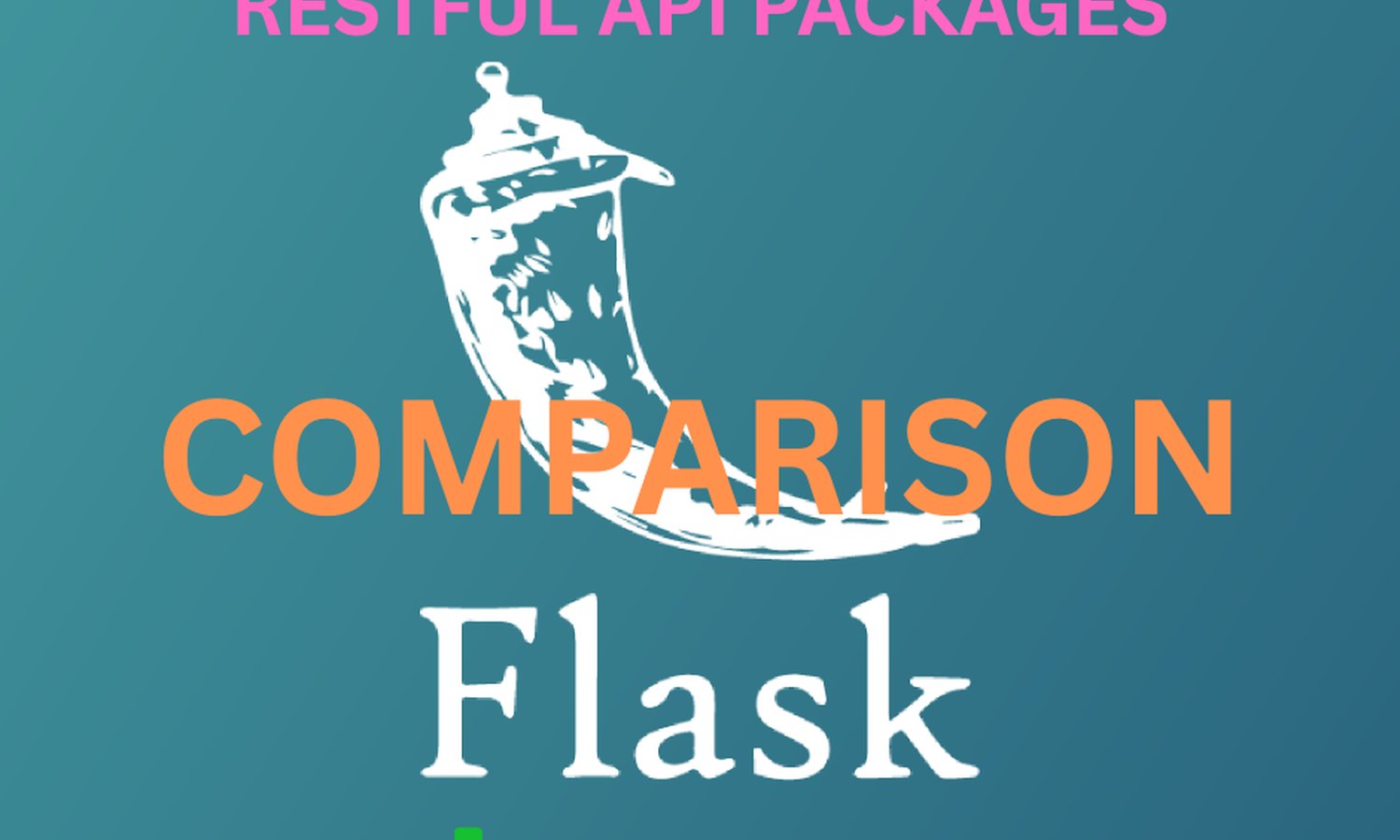
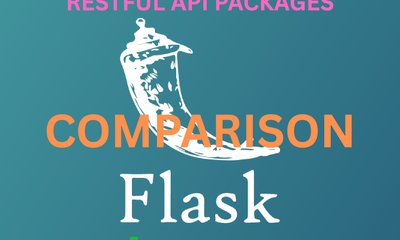
ウェブ開発の分野において、堅牢で効率的なAPIを構築することは一般的なタスクです。Flaskは、Python向けのマイクロウェブフレームワークであり、API開発の堅実な基盤を提供します。しかし、RESTFUL APIの構築に関しては、開発者には複数の選択肢があります。この記事では、RESTFUL APIを構築するための3つの一般的なFlaskベースのパッケージの包括的な比較について詳しく説明します。
- Flask
- Flask-RESTful - この統合に関する記事の1つはこちらにあります
- Flask-RESTPlus
API開発にFlaskを選択する理由
比較に入る前に、FlaskがAPI開発で好まれる理由を認識することが不可欠です。Flaskは、その柔軟性と使いやすさで有名です。小さなコアとシンプルさと拡張性を重視する哲学により、Flaskは開発者が迅速かつ効率的にAPIを構築できるようにします。
パッケージの概要
Flask
Flask RESTは、RESTful APIの構築のためにFlaskの機能を拡張するミニマルなパッケージです。ルーティングとリクエスト処理に必要なツールを提供するため、軽量で実践的なアプローチを好む開発者にとって優れた選択肢です。
Flask-RESTful
一方、Flask-RESTfulは、迅速なAPI開発のためのクリーンでオブジェクト指向のコードの作成を容易にするために設計されたFlaskのフル機能拡張です。オブジェクトリレーショナルマッピング(ORM)システムで動作するための抽象化を提供し、さまざまな便利なライブラリをサポートしているため、開発者は非常に再利用可能で保守可能なAPIを構築できます。
Flask-RESTPlus
Flask-RESTPlusは、API開発を次のレベルに引き上げるもう1つの強力なFlask拡張です。Flask-RESTfulと同様に、最小限の設定でベストプラクティスを推奨します。しかし、Flask-RESTPlusは、APIを記述するためのデコレータとツールのまとまったコレクションを提供することで、さらに一歩進んでいます。特に、Flask-RESTPlusは包括的なSwaggerドキュメントを提供しており、これはAPI開発者に大きなメリットをもたらす機能です。
コードの比較
GETとPOSTエンドポイントを持つ単純なFlaskアプリを作成するために必要な最小限のコードを、これらのパッケージがどのように処理するかを詳しく見てみましょう。
Flask
# GETとPOSTリクエストの最小限のコード
from flask import Flask
app = Flask(__name)
@app.route('/tasks', methods=['GET', 'POST'])
def tasks():
if request.method == 'GET':
# GETリクエストを処理する
elif request.method == 'POST':
# POSTリクエストを処理するFlask-RESTful
# GETとPOSTリクエストの最小限のコード
from flask import Flask
from flask_restful import Api, Resource
app = Flask(__name)
api = Api(app)
class TaskResource(Resource):
def get(self):
# GETリクエストを処理する
def post(self):
# POSTリクエストを処理する
api.add_resource(TaskResource, '/tasks')Flask-RESTPlus
# GETとPOSTリクエストの最小限のコード
from flask import Flask
from flask_restx import Api, Resource
app = Flask(__name)
api = Api(app)
@api.route('/tasks')
class TaskResource(Resource):
def get(self):
# GETリクエストを処理する
def post(self):
# POSTリクエストを処理する
使いやすさ
- Flaskは最もミニマルで実践的なパッケージです。柔軟性を提供しますが、一般的なAPI機能にはより多くの手動設定が必要です。
- 一方、Flask-RESTfulとFlask-RESTPlusは、より構造化され、意見のあるソリューションを提供し、開発プロセスを合理化できます。
- Flask-RESTPlusは、強化されたドキュメントサポートにより、多くの場合、最も開発者フレンドリーなオプションと見なされます。
柔軟性と拡張性
3つのパッケージすべてが拡張可能であり、開発者は特定のニーズに合わせてAPIをカスタマイズできます。
Flask-RESTfulとFlask-RESTPlusは、ルーティング、パラメーター処理、エラー管理などの一般的なAPIタスクに対する抽象化を提供します。これにより、より整理された、より保守可能なコードにつながる可能性があります。ただし、Flaskは最高レベルの柔軟性を提供し、開発者はゼロからAPIアーキテクチャを設計できます。
ドキュメントとテスト
Flask-RESTPlusは、Swaggerの組み込みサポートにより、ドキュメントに関して際立っています。この機能により、APIドキュメントの生成と参照が非常に容易になり、API機能のテストと理解が簡素化されます。
Flask-RESTfulもドキュメントをサポートしますが、追加の設定が必要です。- 例:https://flask-restful-swagger.readthedocs.io/en/latest/
Flaskは、最小限の組み込みドキュメントサポートを提供します。
コミュニティとエコシステム
Flask-RESTfulとFlask-RESTPlusには、確立されたアクティブなコミュニティがあります。より大規模なコミュニティは、多くの場合、より多くのリソース、プラグイン、およびサポートにつながります。Flaskはよりミニマルであるため、コミュニティは小さくなる可能性がありますが、特定の要件を持つプロジェクトには依然として適切な選択肢となります。
パフォーマンスとスケーリング
3つのパッケージすべては、スケーラブルで本番環境対応のAPIを構築するために設計されています。パフォーマンスの違いは通常無視でき、APIとアプリケーションアーキテクチャの全体的な設計により依存します。
推奨事項
適切なパッケージの選択は、特定のプロジェクトの要件とコード構造の好みに依存します。
- ミニマリズムを好んでおり、API構造を完全に制御する必要がある場合は、Flaskを使用してください。小規模でカスタムのプロジェクトに最適な選択肢です。
- 構造化されたオブジェクト指向のアプローチが必要で、一般的なAPIタスクの抽象化が必要な場合は、Flask-RESTfulを選択してください。柔軟性と構造のバランスが必要なプロジェクトに最適です。
- 両方の利点を必要とする場合は、Flask-RESTPlusを選択してください。構造と抽象化を提供しながら、包括的なSwaggerドキュメントも提供します。このパッケージは、APIドキュメントとテストに重点を置いた大規模なプロジェクトに特に適しています。
- 追加のリソース:
- Pydantic:データ検証でよく知られています
- Swagger:APIドキュメント用です
- MarshMallow:データシリアライゼーションに最適です
- Pydantic:データ検証でよく知られています
結論
FlaskベースのAPI開発の世界では、Flask、Flask-RESTful、およびFlask-RESTPlusの選択は、開発スタイルとプロジェクトの要件によって異なります。各パッケージには長所と短所があるため、意思決定を行う際には特定のニーズを考慮することが不可欠です。

